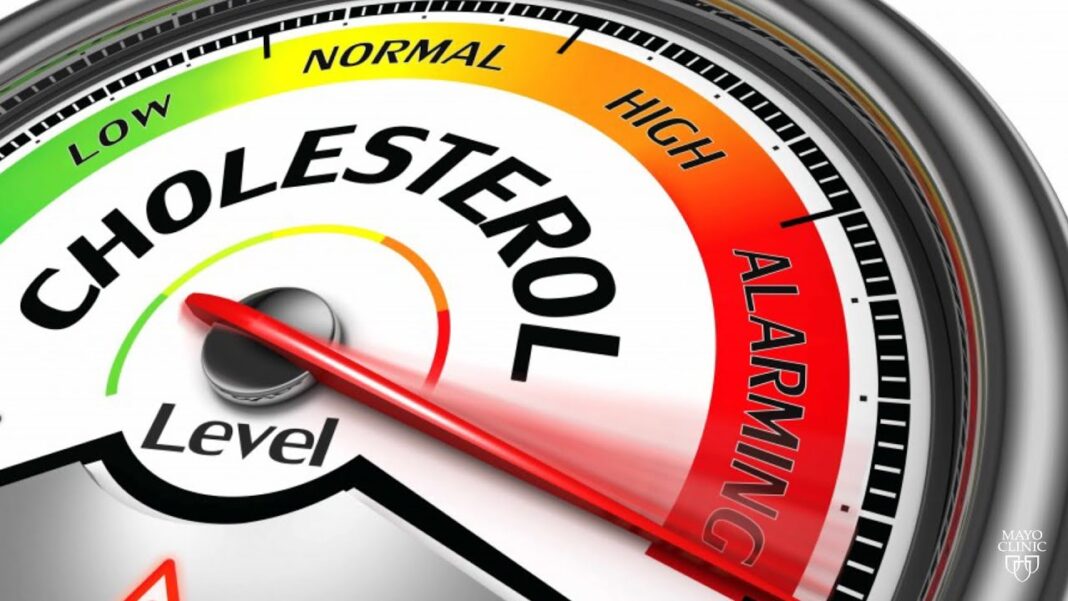For decades, the answer to lowering cholesterol to prevent heart attack or stroke was a statin prescription. Unfortunately, many people prescribed statins stop taking them due to side effects, while others question their efficacy. One study even found that doctors have overprescribed statins worldwide, which can potentially be harmful.
Is statin therapy suitable for you? A simple test could give you a better idea of your risk for a heart attack or stroke by evaluating your coronary artery calcium (CAC) score.
‘Bad’ Cholesterol May Not Be Bad
Both the media and food industry tout the importance of a low-cholesterol diet, and we often hear about “bad” and “good” cholesterol.
The “bad” cholesterol is the low-density lipoprotein cholesterol (LDL-C), and the “good” cholesterol is the high-density lipoprotein cholesterol (HDL-C).
It’s important to note that without cholesterol, we could not survive.
It helps make up our cells and hormones, it’s crucial in the delivery of insulin into our cells, and it helps make up the essential vitamins A, D, E, and K.
The “bad” cholesterol is not necessarily bad. It is theorized that one of LDL-C’s primary jobs in the bloodstream is to help repair artery walls from the damage caused by inflammation and bacteria. But once the LDL-C builds up along artery walls over time, it can form hard calcium plaques that block blood flow to the heart, ultimately causing a heart attack.
That’s why yearly blood tests usually include a fasting cholesterol level with a breakdown of LDL, HDL, and triglycerides.
The goal is for LDL to be below 100, HDL to be above 60, and triglycerides below 100. Doctors often prescribe a statin when these numbers stray from the norm.
Statin Therapy
In 1987, the U.S. Food and Drug Administration (FDA) approved the first cholesterol-lowering medication, lovastatin.
Since then, several other statin medications have been developed by various drug companies, all claiming to lower the risk of heart attack and stroke by reducing cholesterol levels in the blood.
In 2018, an estimated 145.8 million people worldwide took statins, and between 2002 and 2018, an average of 21.35 million statins were purchased annually with an average cost of $24.5 billion.









